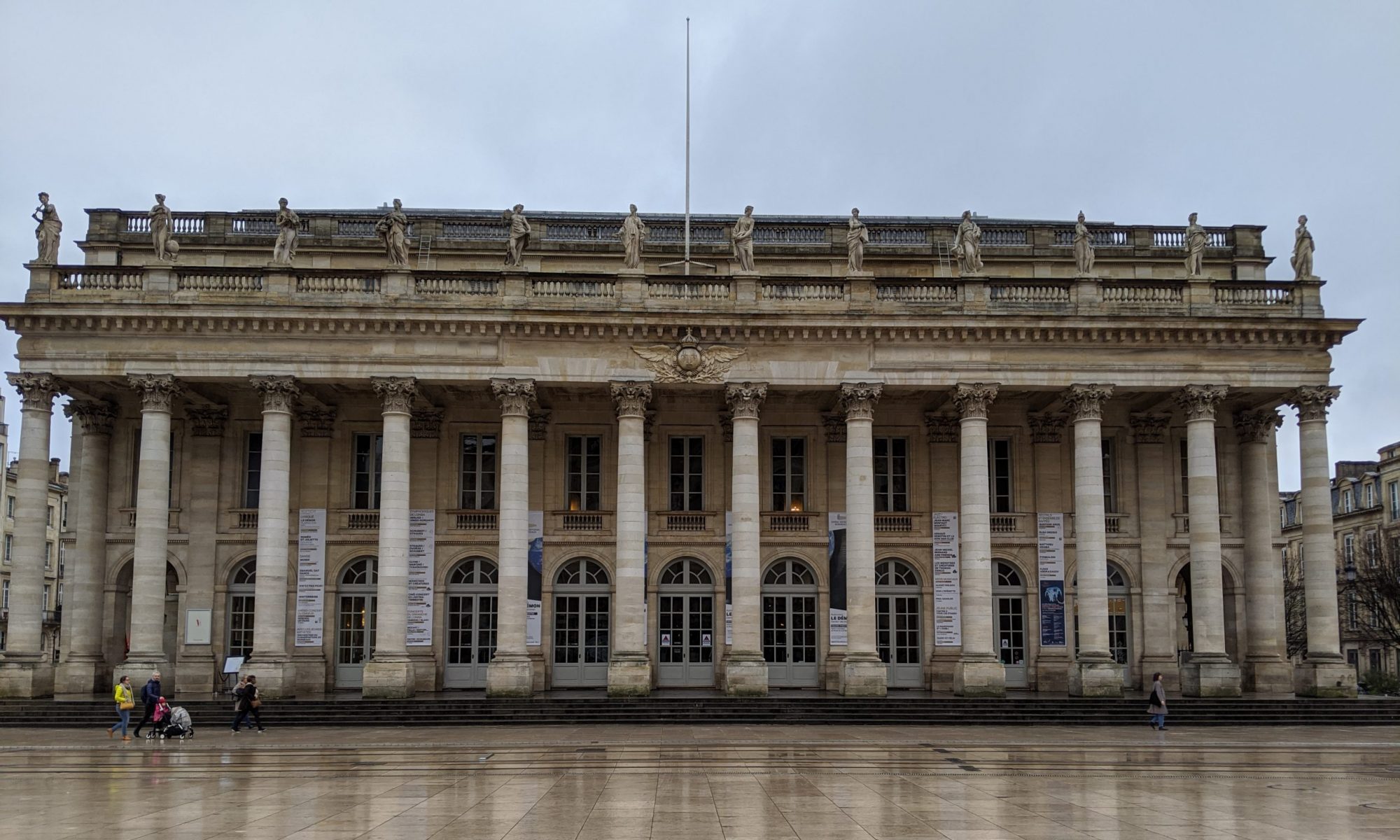
The current issue of L’avant-scène théâtre (dated 15 April 2022 — they are still catching up from Covid disruptions) features the play Vole Eddie, vole ! by Léonard Prain. Rather than put it on the pile to be read in due course, I uncharacteristically picked it up as bedtime reading the night it arrived, and finished it in a single gulp. Prain has picked an unusual subject for a French play: the story of British ski jumper Michael Edwards, aka “Eddie the Eagle”. Eddie competed in the 1988 Winter Olympics in Calgary and made history despite finishing last, as he was the first British athlete ever to qualify for the Olympic ski-jumping events. His efforts to qualify for the Olympics by completing a 70m jump in a formal competition attracted a cult following worldwide, and he became a star of the 1988 Olympics despite his guaranteed losing status (top jumpers reach 120m).
The story is well documented (on Wikipedia and elsewhere): Eddie came to skiing late, did not have the typical body type for skiers, and wore thick corrective lenses. As a teenager he tried out unsuccessfully for the British national downhill ski team, so switched to ski jumping where there was no British competition. Eddie self-funded a quixotic campaign to reach the Olympics (self-funded, as the British national sports organization ignored him). He spent years living in his car and eating meager rations to save all his money for travel and skiing fees. According to the play, at least, his parents had little to offer him, and his father was dead set against Eddie’s folly.

Given the events recounted are relatively recent, I found myself asking “Does the play add anything to the tale ?” I’m not looking for novel details or scandalous revelations, but rather some insight or human exploration of Eddie’s character and odd journey. Alas, I find myself answering “No”. The dialog is smooth and the language descriptive. The play is designed to be performed by just three actors: one plays Eddie, one plays all the other male parts, and one plays all the other female parts. We see Eddie’s mother and father, his teachers and school coaches, his school peers (both dismissive and competitive), and eventually journalists, sports-casters, and race officials. The character of Eddie is presented as forever a child, with a good natured humor and more than a touch of buffoonery. He is never angry, though he does argue with his parents about his choice to ski rather than follow his father into the family plastering business. In all, not a lot dramatic or thought-provoking.
But it was a pleasant exposure of a fun story, a bit of an amuse bouche as it were. Speaking of which, I’m off shortly to travel to Avignon for the annual theater festival there. I hope I will have lots of blog posts for that!
Updated (2022-07-07): Check out this photo from Avignon:

That’s me with the cast of Vole, Eddie, Vole ! I randomly came upon the three of them on this opening afternoon of Festival Avignon. They are here performing the show as part of the Festival OFF. We chatted a bit and I said I’d come see the show. I’ll update my review if I manage to make it to a performance.









